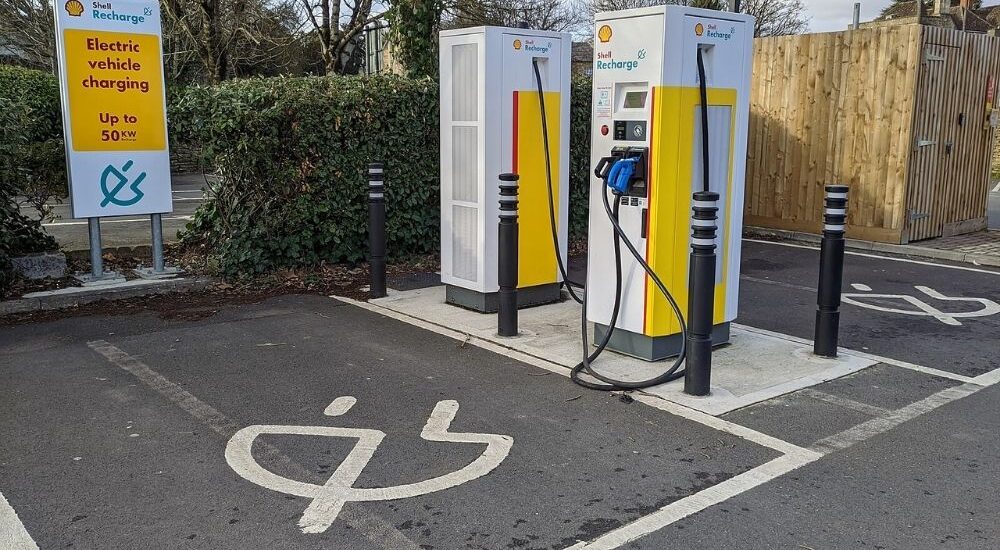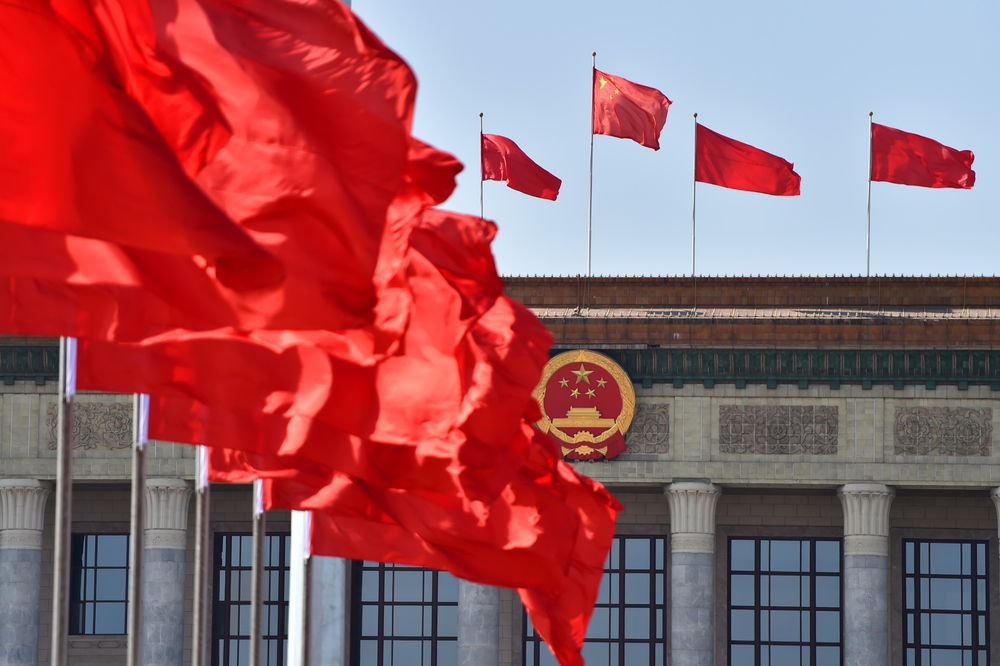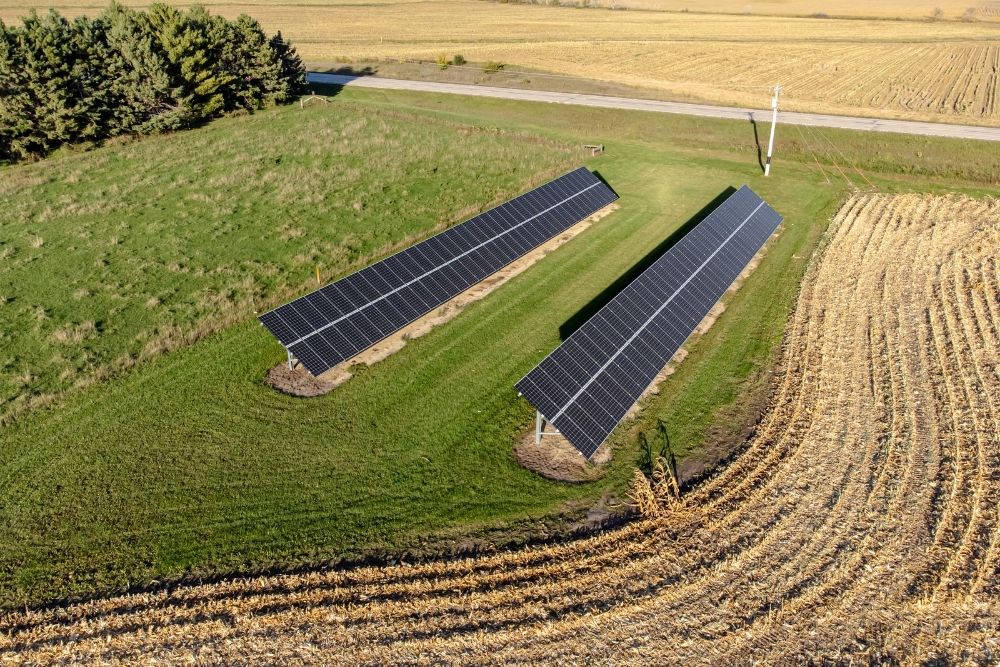Shell opens its largest charging station in China
- September 20, 2023
- Posted by: Quatro Strategies
- Categories: China, ESG & Renewable Energy, EVs & Battery Technology

Shell, the multinational energy company, has announced the opening of its largest electric vehicle (EV) charging station globally in Shenzhen, China. Situated near Shenzhen airport, this facility boasts a remarkable 258 charging points and is equipped with solar panels capable of generating 300,000 kilowatt-hours annually.
This station is a result of a collaboration between Shell and BYD, a major Chinese EV manufacturer. The joint venture signifies a strategic partnership aiming to contribute significantly to the burgeoning EV market in China.
Shell has been progressively increasing its involvement in the EV charging sector, reflecting the growing shift towards sustainable transportation.
In China, Shell already operates around 800 EV charging stations through joint ventures or wholly-owned subsidiaries. The opening of this massive charging station in Shenzhen further underscores the commitment of major industry players to meet the rising demand for EV infrastructure, promoting cleaner and greener modes of transportation.
This aligns with global efforts to combat climate change and reduce carbon emissions by encouraging the adoption of electric vehicles.
By QUATRO Strategies International Inc.
QUATRO Strategies International Inc. is the leading business insights and corporate strategy company based in Toronto, Ontario. Through our unique services, we counsel our clients on their key strategic issues, leveraging our deep industry expertise and using analytical rigor to help them make informed decisions to establish a competitive edge in the marketplace.
Interested in learning more?
Sign up for Top Insights Today

Top Insights Today delivers the latest insights straight to your inbox.
You will get daily industry insights on
Oil & Gas, Rare Earths & Commodities, Mining & Metals, EVs & Battery Technology, ESG & Renewable Energy, AI & Semiconductors, Aerospace & Defense, Sanctions & Regulation, Business & Politics.



